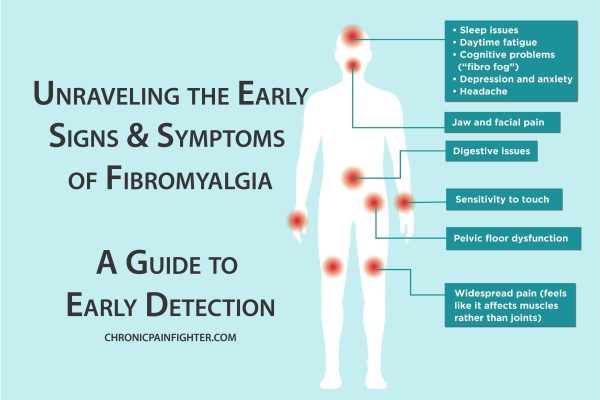Chronic illness impacts millions worldwide, often leading to persistent pain, inflammation, and a diminished quality of life. While traditional treatments play a crucial role, many individuals are turning to alternative therapies, including CBD (cannabidiol). Derived from the cannabis plant, CBD has garnered attention for its potential therapeutic benefits without the psychoactive effects of THC.
This article explores the potential of CBD as a treatment option for chronic illness, examining its potential benefits, limitations, and considerations for those exploring this path.
Understanding CBD: Beyond the Hype
CBD, a non-psychoactive compound in cannabis, interacts with the body’s endocannabinoid system (ECS). This complex network of receptors plays a vital role in regulating various bodily functions, including pain, inflammation, sleep, mood, and appetite.
By interacting with the ECS, CBD may influence these functions, potentially offering relief from chronic illness symptoms. However, research on CBD’s effects on chronic illness is ongoing, and much remains to be understood.
Potential Benefits of CBD for Chronic Illness
While more research is needed, CBD has shown potential in various areas related to chronic illness:
1. Pain Management:
CBD’s interaction with the ECS suggests it might modulate pain perception. Studies have explored its use for chronic pain conditions like arthritis, neuropathic pain, and fibromyalgia, with some showing promising results.
2. Inflammation Reduction:
Chronic inflammation is a common feature of many illnesses. CBD’s anti-inflammatory properties may help manage inflammation associated with conditions like Crohn’s disease, multiple sclerosis, and rheumatoid arthritis.
3. Sleep Improvement:
CBD has been investigated for its potential to improve sleep quality. Its interaction with the ECS may regulate sleep cycles, offering relief for insomnia and sleep disturbances common in chronic illness.
4. Anxiety and Mood Regulation:
The ECS plays a role in emotional regulation. Studies have explored CBD’s potential to reduce anxiety and improve mood, potentially beneficial for those managing chronic illness-related stress and anxiety.
Limitations and Considerations
While CBD holds potential, it’s important to acknowledge its limitations and approach it with caution:
1. Limited Research:
Despite promising preliminary findings, robust clinical trials on CBD’s efficacy for specific chronic illnesses are still limited. More research is needed to understand its benefits and long-term effects fully.
2. Variable Quality and Regulation:
The CBD market is largely unregulated, leading to varying product quality and potency. Choosing reputable brands with third-party lab testing is crucial to ensure product safety and consistency.
3. Potential Side Effects:
While generally well-tolerated, CBD may cause side effects like fatigue, diarrhea, or changes in appetite. It’s essential to discuss potential interactions with existing medications with your healthcare provider.
4. Legal Status:
CBD’s legal status varies globally. In some regions, CBD products derived from hemp are legal, while others require a prescription or remain restricted. It’s crucial to check local regulations before purchasing or using CBD.
Navigating CBD for Chronic Illness: Key Tips
If you’re considering CBD for chronic illness, consider these tips:
1. Consult Your Healthcare Provider:
Discuss your health condition, medications, and any potential benefits or risks of CBD with your doctor before starting. They can help determine if CBD is appropriate for you and recommend safe and appropriate dosages.
2. Start Low and Go Slow:
Begin with a low dose of CBD and gradually increase it until you find a suitable level of relief. CBD’s effects can vary depending on individual factors.
3. Choose High-Quality Products:
Opt for reputable brands that provide third-party lab testing to ensure product purity, potency, and safety.
4. Be Patient and Observe:
CBD’s effects may not be immediate. It often takes time to experience its full benefits. Keep a log of your experiences and communicate any changes to your doctor.
5. Consider Alternative Options:
CBD should not replace conventional treatments. It may be used as a complementary approach alongside prescribed medications and therapies.
6. Stay Informed and Updated:
Research on CBD continues to evolve. Stay informed about new studies, product updates, and legal developments to ensure you make informed decisions.
Conclusion: A Promising Avenue, But Not a Panacea
CBD shows potential as a complementary treatment option for various chronic illnesses. Its interaction with the endocannabinoid system suggests it may offer relief from pain, inflammation, sleep disturbances, anxiety, and other symptoms. However, it’s essential to approach CBD with caution, recognizing its limitations and consulting with your healthcare provider.
While more research is needed to fully understand its long-term effects and optimal use, CBD remains a promising avenue for managing chronic illness symptoms. By taking a responsible approach and working closely with your healthcare team, you can explore the potential benefits of CBD while minimizing risks.
Remember, CBD is not a cure-all. It should be considered alongside other treatments and therapies as part of a holistic approach to managing chronic illness.






